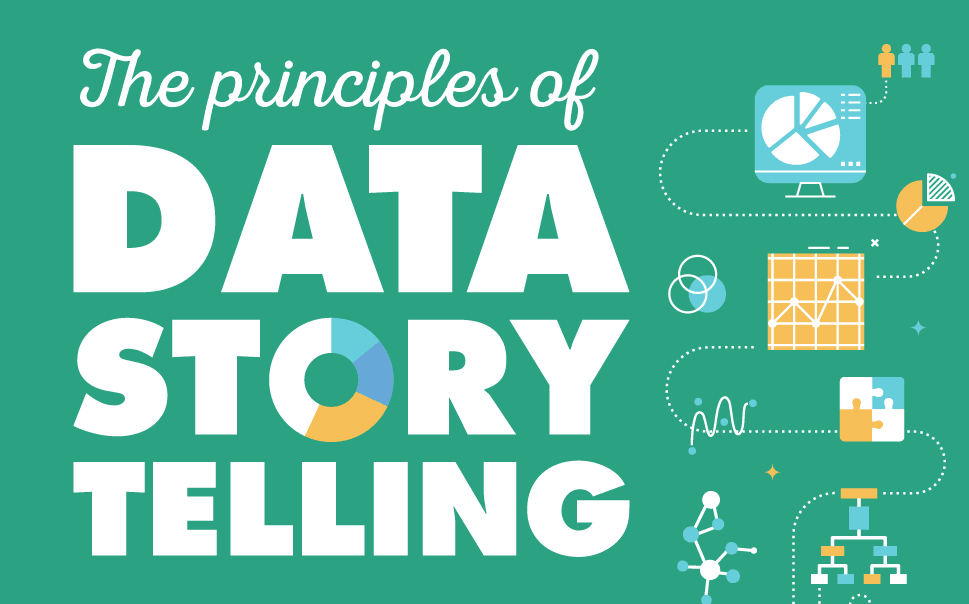Finance for Non-Finance People
-
From 1,500 GBP
-
Multiple (10)
-
Classroom
Finance for Non-Financial Managers
-
From 3,590 GBP
-
Nationwide
-
In Company
Finance For Non-Finance Managers (In-House)
-
This course results in CPD hours
-
Multiple (2)
-
In Company, Virtual Classroom
Finance for Non-Finance Directors
-
From 3,595 GBP
-
Multiple (2)
-
In Company
Finance for Non-Finance Directors
-
From 3,195 GBP
-
04/12/2024
-
Multiple (3)
-
Classroom, Virtual Classroom
Finance for Non-Financial Managers
-
Top 10 Course
-
From 199 GBP
-
Multiple (18)
-
Multiple (5)
-
Classroom, Self-Paced Online, In Company
Finance For Non-Finance Managers
-
This course results in CPD hours
-
From 280 GBP
-
Multiple (8)
-
Classroom, Self-Paced Online, Virtual Classroom
More Advanced Finance for Non-Finance Managers (In-House)
-
This course results in CPD hours
-
Multiple (2)
-
In Company, Virtual Classroom
Finance for Non-Financial Managers
-
From 975 GBP
-
Multiple (28)
-
Multiple (22)
-
Virtual Classroom, Classroom
More Advanced Finance for Non-Finance Managers
-
This course results in CPD hours
-
From 280 GBP
-
Multiple (8)
-
Classroom, Self-Paced Online
Finance for Non-Financial Managers Online (1 day)
-
From 389 GBP
-
Multiple (2)
-
Online
-
Virtual Classroom
Managing Finance for Non Finance Managers
-
Multiple (7)
-
Virtual Classroom, Classroom
Finance for Non-Finance Managers
-
From 3,750 GBP
-
Multiple (6)
-
Multiple (8)
-
Classroom
Business Finance for Non-Financial Managers
-
From 2,950 EUR
-
Multiple (4)
-
Classroom
Fundamentals of Finance for Non Financial Managers
-
From 2,150 EUR
-
Online
-
Self-Paced Online
Finance Course for Non-Finance Professionals
-
From 1,455 GBP
-
25/11/2024
-
Online
-
Virtual Classroom
Finance for Non-financial Managers
-
From 3,290 GBP
-
London
-
Classroom
Finance for Non Financial Managers
-
From 275 GBP
-
Multiple (2)
-
In Company, Virtual Classroom
Demystifying Finance: Explore Finance For Non-Finance Managers Courses
In today's business landscape, financial acumen is an essential skill for professionals across all sectors and industries. However, not everyone has a background in finance, and many non-finance managers may find the intricacies of financial statements, budgets, and analysis daunting.
Finance For Non-Finance Managers courses bridge this knowledge gap, empowering individuals from diverse backgrounds to make informed financial decisions and contribute effectively to their organisations.
The Need for Financial Literacy
In an increasingly competitive and data-driven business environment, understanding financial principles is essential for making strategic decisions, managing budgets, and assessing the financial health of your department or organisation.
Finance For Non-Finance Managers Courses
Finance For Non-Finance Managers courses are specifically designed to provide individuals without a financial background with a solid foundation in financial concepts, tools, and terminology. These courses enable professionals to communicate effectively with finance teams, analyse financial data, and make informed decisions that impact their organisations' financial performance.
Key Topics Covered in Finance For Non-Finance Managers Courses
1. Financial Statements Demystified: Delve into the fundamentals of financial statements, including the balance sheet, income statement, and cash flow statement. Learn to interpret these statements and extract meaningful insights.
2. Budgeting and Forecasting: Understand the budgeting process and the creation of financial forecasts. Learn how to manage budgets, control costs, and contribute to efficient resource allocation.
3. Financial Ratios and Analysis: Master financial ratios and analysis techniques to evaluate a company's financial health. Discover how to assess profitability, liquidity, and solvency.
4. Cost Management: Explore cost classification, cost behaviour, and cost control strategies. Learn how to identify cost-saving opportunities within your department or organisation.
5. Investment Appraisal: Understand the basics of investment analysis, including net present value (NPV), internal rate of return (IRR), and payback period. Evaluate the financial viability of projects and investments.
6. Risk Management: Gain insights into financial risk management and its relevance to decision-making. Learn to identify, assess, and mitigate financial risks.
7. Capital Budgeting: Explore capital budgeting decisions and the evaluation of long-term investments. Learn how to make investment choices that align with organisational goals.
8. Financial Communication: Develop skills in effectively communicating financial information within your organisation. Learn how to present financial data and insights to various stakeholders.
9. Case Studies and Practical Scenarios: Analyse real-world case studies and practical scenarios to apply your newfound financial knowledge. Learn how to address financial challenges within your department or organisation.
10. Regulatory and Ethical Considerations: Explore the regulatory and ethical aspects of financial decision-making. Understand the importance of compliance and ethical financial practices.
Finance For Non-Finance Managers courses are instrumental for professionals seeking to build their financial literacy and make more informed decisions in their roles. Whether you are a manager, entrepreneur, or someone looking to enhance your financial skills, these courses empower you to demystify finance and contribute effectively to your organisation's financial success.





















